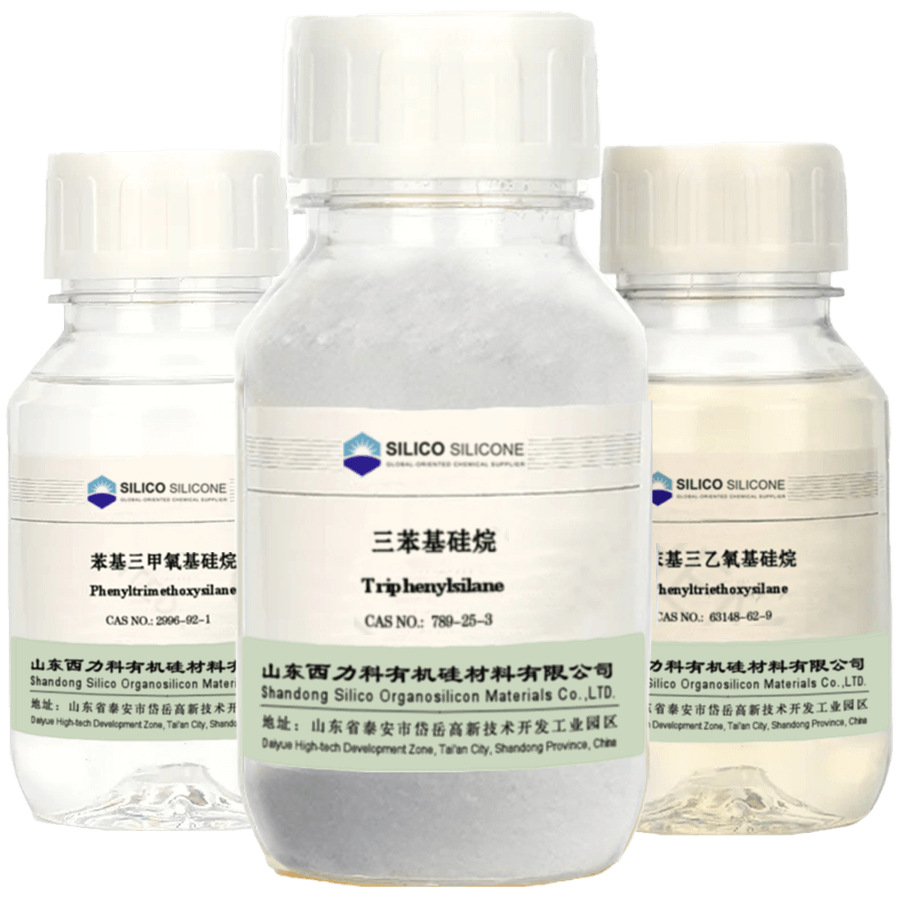Silicone Fluids: Pros, Cons & Industrial Applications
- Blog
- June 16, 2025
- 5:51 pm
Silicone fluids, also known as silicone oils, are synthetic, high-performance lubricants and heat transfer media composed of linear or cyclic siloxane chains (Si–O–Si). Known for their unique chemical and thermal properties, silicone fluids are widely used across industries including electronics, medical devices, personal care, automotive, and industrial manufacturing.
This in-depth guide explores the key advantages and disadvantages of silicone fluids, with SEO-friendly insights and natural inclusion of long-tail keywords relevant to various applications.
Table of Contents
Key Advantages of Silicone Fluids
1. Outstanding Thermal Stability in High-Temperature Applications
Silicone fluids exhibit exceptional resistance to thermal degradation. Many high temperature silicone fluids maintain stable performance from –70 °C to above 300 °C. This makes them ideal for demanding environments such as heat transfer systems, oven conveyor lubrication, or transformer cooling fluids.
2. Excellent Chemical Inertness
One of the most valued properties of silicone-based lubricants is their non-reactivity with most chemicals, including acids, bases, and oxidizers. This allows silicone oils to serve in chemical processing plants, laboratories, and aerospace applications where exposure to aggressive substances is common.
3. Superior Hydrophobicity and Low Surface Tension
Silicone fluids provide strong water-repelling capabilities and outstanding spreadability. Their low surface tension makes them excellent as defoamers, release agents, and textile water repellents, especially in industrial silicone fluid formulations.
4. Biocompatibility and FDA-Approved Grades
Medical-grade silicone fluids are widely used in ophthalmic procedures, prosthetics, and pharmaceutical manufacturing. Their non-toxic and inert nature allows them to comply with USP Class VI and FDA 21 CFR standards, making them suitable for medical-grade silicone oil applications.
5. Electrical Insulation Properties
With high dielectric strength and excellent resistance to corona discharge, silicone fluids for electronics are often chosen as insulating oils for transformers, capacitor fluids, and potting compounds in circuit protection.
6. Stable Viscosity Over Wide Temperature Ranges
Compared to organic oils, low viscosity silicone oils show minimal changes in flow behavior over varying temperatures. This is critical in precision instruments, viscometers, and fluid damping systems.
⚠️ Potential Disadvantages of Silicone Fluids
1. Higher Cost Compared to Organic Alternatives
Silicone oils tend to be more expensive due to their advanced synthesis and purification processes. However, in long-term industrial operations where thermal stability and service life are critical, the ROI often justifies the initial investment.
2. Limited Lubricity for Metal-on-Metal Contact
Although excellent for plastic or rubber substrates, silicone fluids offer poor lubricating performance for steel-on-steel interfaces. For industrial silicone lubricants, this often necessitates the addition of specialized anti-wear additives.
3. High Coefficient of Thermal Expansion and Gas Solubility
In closed systems, heat transfer silicone fluids may lead to overpressure due to expansion and dissolved gases, requiring compensatory design elements.
4. Moisture Absorption and Potential Leakage
Despite their hydrophobicity, silicone fluids can gradually absorb water vapor, affecting their dielectric properties. Additionally, their low surface tension can lead to creeping or leakage from improperly sealed systems.
5. Environmental Persistence of Some Siloxanes
Volatile cyclic siloxanes like D4 and D5, often present in lower-grade silicone fluids, are under environmental scrutiny. Manufacturers offering low-VOC or low-D4/D5 silicone oils provide more sustainable options.
6. Low Mechanical Strength
While effective as a lubricant or thermal fluid, silicone oil lacks structural strength and is not suitable for load-bearing mechanical components—unlike cured silicone elastomers.
🌍 Common Applications of Silicone Fluids
| Industry | Application & Keywords |
|---|---|
| Electronics | Transformer insulation, capacitor filling, silicone fluids for electrical cooling |
| Medical & Pharma | Surgical lubricants, eye surgery (vitreous substitutes), medical-grade silicone oil |
| Cosmetics & Personal Care | Skin protectants, hair conditioning agents, cosmetic silicone fluids |
| Industrial Manufacturing | Molding release, die-casting, industrial silicone lubricants |
| Food Processing | Antifoams in frying and fermentation, food-grade silicone defoamers |
| Textiles & Agriculture | Wetting agents, adjuvants, silicone spray for crops |
| Heat Transfer Systems | Fluid in reflow ovens and chillers, silicone thermal fluids |
🏁 Conclusion: Is Silicone Fluid Right for Your Application?
Silicone fluids are engineered for high-performance, long-life functionality in extreme conditions. Whether you’re seeking low-viscosity silicone oils for lab instruments, high-volatility defoamers for industrial tanks, or biocompatible silicone for medical implants, this class of fluids provides unique value.
However, it’s essential to weigh performance benefits against cost, leakage risks, and environmental impact. Selecting the right formulation tailored to your specific use case—whether for electronics insulation, heat transfer, or cosmetic formulation—is key to maximizing performance.
🌟 Why Silico® Is Your Trusted Silicone Fluids Partner
Silico® is a globally recognized brand specializing in premium-grade silicone fluids. We offer:
✅ Wide viscosity range (from 5 cSt to 100,000 cSt) to meet every application
✅ Custom-formulated silicone oils for electronics, heat transfer, and personal care
✅ Medical and food-grade compliance with full certification
✅ Eco-conscious solutions with low-VOC and D4/D5-compliant products
✅ OEM and bulk supply options with global distribution capabilities
When reliability, performance, and regulatory compliance matter, choose Silico® silicone fluids—your dependable solution for today’s most advanced industries.
👉 Contact us today to request samples, technical datasheets, or a custom formulation consultation.
🧾 Final Thoughts
Yes, Silicone fluids can be used as transformer and cooling fluids, and in many critical applications, they outperform conventional options. When fire resistance, long-term thermal stability, and low maintenance are essential, silicone-based fluids like those offered by Silico® provide a compelling and future-ready solution.
Upgrade your transformer system today with Silico®—where safety, performance, and sustainability meet.
Popular Recommendations
- Most popular products
Get a Catalog & Best Price
- Quick and helpful reply within 24 hours;
- Tailored solutions provided for your project;
- One-stop purchasing service.
TRENDING
- Address: Daiyue Industrial Area, Taian, Shandong, China





